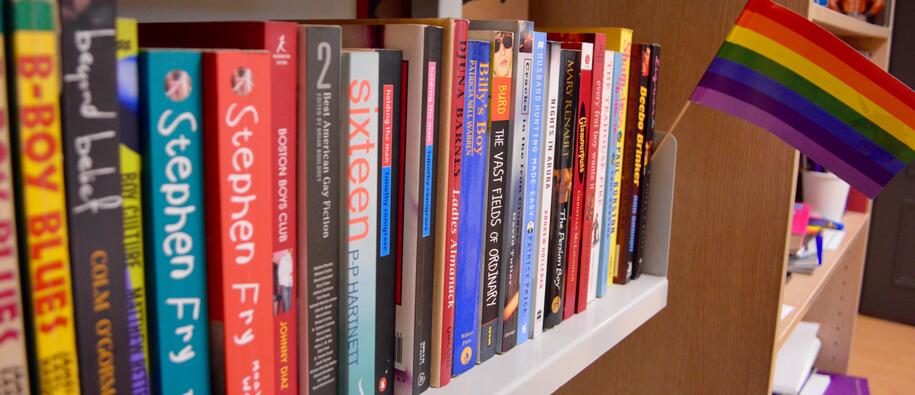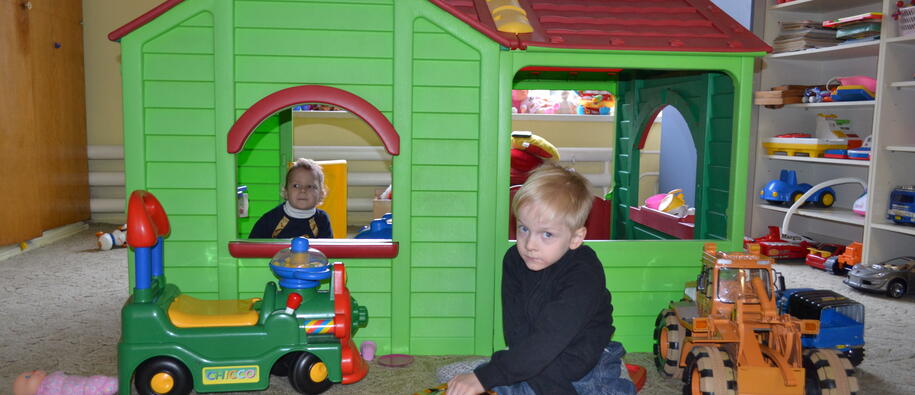Currently available funding
There are currently no calls for proposal.
Programme Summary
Why is the programme needed? A strong and vibrant civil society is important for democratic development. Non-governmental organisations (NGOs) play a key role in promoting active citizenship, participatory democracy and building cohesive societies, targeting the needs of and empowering specific groups, including those most at risk of inequalities, exclusion and discrimination. NGOs are also instrumental in engaging in advocacy and policy formulation, as well as raising awareness of key issues and challenges in today’s societies. The civil society in Latvia played an important role as driver of reforms in the EU pre-accession period. However, the current situation of the NGO sector is difficult, as NGOs are facing critical challenges in relation to their organisational capacity and financial viability. State support is limited and there is no mechanism for distributing funds to NGOs at local level. Access to EU funding proves difficult given the competition, including with business. Strengthening the role of the Latvian non-governmental sector through the NGO programme by supporting social sector activities including the provision of welfare and basic services, local and regional initiatives to promote social inclusion, and support to children and youth at risk and gender equality is very important for the development of Latvian civil society. What will the programme achieve? The programme aims to strengthen the civil society in Latvia by providing support to social justice, democracy and sustainable development and improving the watchdog role of Latvia’s civil society. It will provide support to non-governmental organisations in the following areas of support: democracy and participatory democracy; human rights, including rights of ethnic, religious, linguistic, and sexual minorities; good governance and transparency; combating racism, xenophobia and discrimination; gender equality and reduction of gender-based violence; environment and sustainable development; and social sector activities and development of a cohesive society. The programme will address horizontal concerns such as: hate speech, extremism, racism and xenophobia, homophobia, anti-Semitism, tolerance/multicultural understanding, Roma, sexual harassment, violence against women and trafficking. It shall strengthen bilateral relations through projects between NGOs registered in Latvia and in Donor States. How will it be achieved? • The operational grants will receive 40% of the total programme funding and will support daily activities of NGOs in the following areas: democracy and participatory democracy; human rights, including minorities’ rights; good governance and transparency; combating racism, xenophobia and discrimination; gender equality and reduction of gender-based violence; environment and sustainable development. • The project-driven grants will receive 60% of the total programme funding and will support NGO projects in the following thematic areas: 1. Social sector activities, including provision of welfare and basic services, local and regional NGO initiatives to reduce social inequalities and to promote social inclusion and gender-equality, including support to children and youth at risk; 2. Development of a cohesive society – intercultural dialogue and integration of national minorities, including strengthening of human rights and national identity, awareness-raising informative and educational activities on citizenship issues and language training promoting democratic participation, prevention of discrimination, promotion of tolerance and acquisition of citizenship. How will bilateral relations be strengthened? One of the programme’s focuses is to promote bilateral co-operation between NGOs from Latvia and NGOs or public institutions from the donor countries (Iceland, Liechtenstein and Norway), other EEA Grants beneficiary states, and the Russian Federation and Belarus. Programme Operator envisages active cooperation with the Norwegian Helsinki Committee and the Icelandic Human Rights Centre. What are the partnership opportunities? The Programme will contribute to strengthening cooperation with the donor states, Council of Europe and other beneficiary states at programme and project level through bilateral activities and complementary actions. The fund operator will work with the Norwegian Helsinki Committee to facilitate building bilateral contacts. The Icelandic Human Rights Centre will become a partner organisation in partnership-building measures between the Latvian and Icelandic non-governmental organisations. Who can apply for funding under this programme? Eligible applicants are associations and foundations registered in Latvia which do not operate solely pursuing business or professional interests of their own or their members, but operate for the benefit of society at large, and are independent from public institutions, political parties or business organisations.

